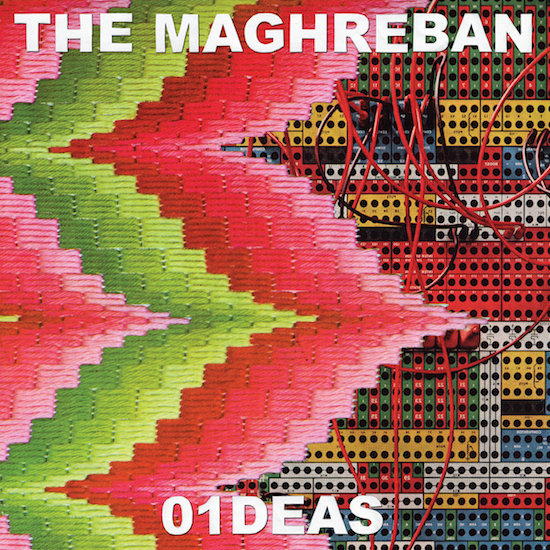House music is rooted in the locale and conditions of its making. Spawned on the dancefloors of the South Side of Chicago before spreading to the post-industrial lassitude of Detroit’s empty warehouses, it was a music for the dejected and marginalised: queer, black, latino – in the (sampled) words of DJ Sprinkles, “house music is controllable desire you can own.”
The commodification of this sonic desire meant its rapid dispersal to Europe and especially the UK, mediating the conditions of its making and the intentions of its playing through the hedonistic dancefloors of Thatcher’s Britain. Jump forward three decades and house music is now so enmeshed within the musical vernacular that its 4/4 foundations can be found scattered through the most commodified of genres: pop.
Yet, all meaning is not lost, and elements of authenticity remain. In Detroit, labels like Theo Parrish’s Sound Signature and Moodymann’s Mahogani Music put forth a vision of vocal-forward house, politically charged and engineered for dancefloor movement. And for Ayman Rostom, aka The Maghreban, Guildford is the new Detroit.
Hyperbole aside, Rostom owes more to the Motor City than to his hometown of Guildford in his first LP, 01DEAS. Channelling the infectious groove and funk sampling of Parrish and Moodymann, Rostom’s 01DEAS plays as a meandering tribute to the dance music of late-80s and 90s America. Opening number ‘Eddies’ is like a subdued Drexciya with its threatening electro synths and rumbling top-line melodies, while the jazz samples and rhythmic propulsion of ‘Mr Brown’ and ‘Crime Jazz’ are Parrish in his prime.
The homage to early Detroit electro and techno continues with the ambient acid squelch of ‘Mbira’ and the teetering descension of ‘Strings’, while an East Coast hip-hop influence is present on the scratch-heavy ‘Hi Top Remix’ and ‘Can’t Breathe’ – a nod to Rostom’s earlier work as hip-hop producer Dr Zygote.
Rostom speaks of being influenced by his father’s love of Arabic music as a child and this is clearly felt on the guitar lines of ‘Mike’s Afro’; there’s also a Southern African influence on the jittering rhythms of ‘Revenge’ and ‘Sham’. But his love for US electronics is so well-placed, any deviation into personal more acoustic palettes feels a little jarring. Detroit is the spiritual home for Rostom’s music – for the jungle, rave, Arabic music and hip-hop he encountered growing up in Guildford. Geography is supplanted by research and production talent, and the propulsive force of the music largely fulfils its intention as its zig-zags through genres, settling on moments of analogue clarity as well as digital refraction.


